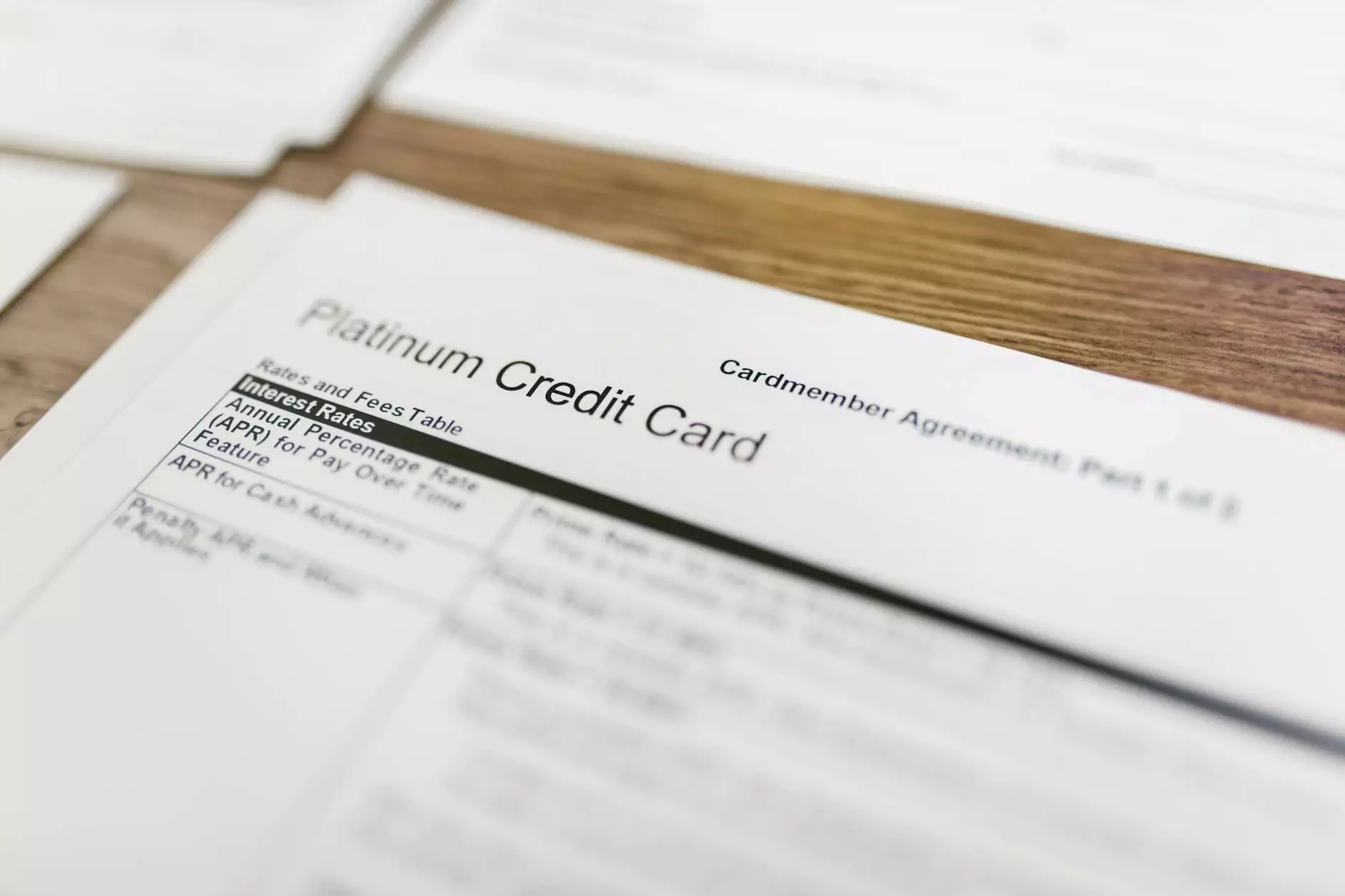What are the three credit bureaus?
Blog
Introduction to Credit Bureaus
Credit bureaus play a significant role in the financial world. They are organizations that collect and maintain consumer credit information, which is used by lenders, creditors, and other businesses to make informed decisions about issuing credit. For individuals, understanding the three major credit bureaus is essential in managing and improving their credit scores.
The Three Major Credit Bureaus
The three major credit bureaus in the United States are Equifax, Experian, and TransUnion. These bureaus gather data from various sources, including lenders, credit card companies, and public records, to create comprehensive reports on an individual's credit history and financial behavior.
Equifax
Equifax is one of the oldest credit reporting agencies, providing credit reporting services for over a century. They collect and maintain data on millions of consumers worldwide, helping lenders and businesses assess an individual's creditworthiness. Equifax also offers credit monitoring and identity theft protection services.
Experian
Experian is a global information services company that specializes in collecting and analyzing credit data. They have a vast database that includes information on individuals' credit histories, public records, and more. Experian provides data and analytical tools to businesses, helping them make informed decisions in credit risk management.
TransUnion
TransUnion is another prominent credit reporting agency that compiles credit information and provides credit-related services to businesses and consumers. Their comprehensive reports contain data on an individual's credit accounts, payment history, and public records. TransUnion also offers credit monitoring services and tools to help consumers understand and improve their credit scores.
Why are Credit Bureaus Important?
Credit bureaus are vital because they enable lenders and creditors to assess an individual's creditworthiness accurately. The data collected and maintained by credit bureaus helps determine credit scores, which have a significant impact on an individual's ability to obtain credit, secure loans, or benefit from favorable interest rates.
How Do Credit Bureaus Impact Credit Scores?
Credit bureaus use complex algorithms to calculate credit scores based on individual credit histories and financial behavior. The information gathered by credit bureaus, including payment history, outstanding debts, and credit utilization, is analyzed to generate a credit score. This score represents an individual's creditworthiness and is often used by lenders during the loan approval process.
Taking Control of Your Credit Score
Understanding the role of credit bureaus and how they impact credit scores is the first step in taking control of your financial future. By regularly reviewing your credit reports from Equifax, Experian, and TransUnion, you can identify any errors or discrepancies that may be affecting your credit score. Reporting inaccuracies and working towards improving your credit can lead to better financial opportunities.
Conclusion
Credit bureaus are essential players in the world of credit and finance. Equifax, Experian, and TransUnion collect and maintain consumer credit information, providing valuable data to lenders and businesses. By familiarizing yourself with the three major credit bureaus and their functions, you can better understand how your credit score is determined and work towards improving it. Remember, Life Designers is here to assist you in navigating the world of credit repair and improving your financial well-being.



